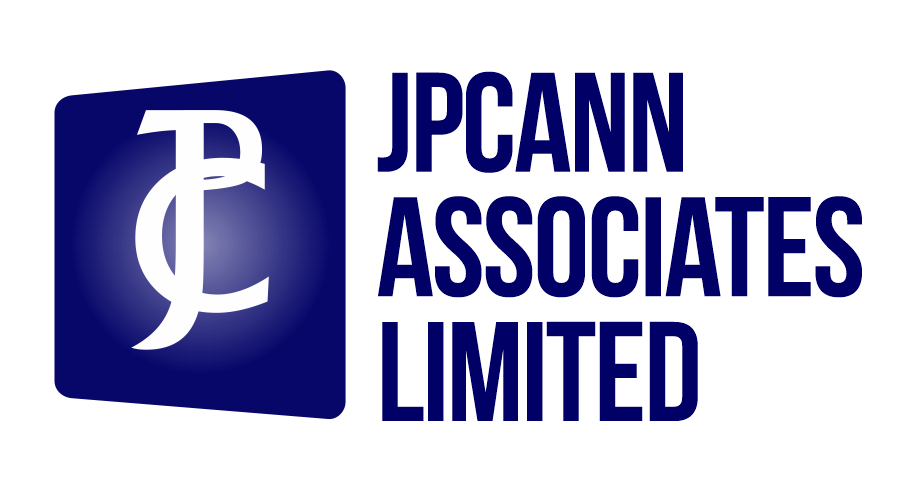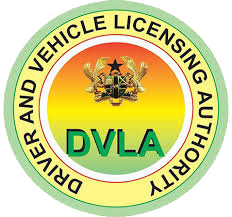Capacity Building of Staff of the DVLA in Various Functional Areas.
(Sponsored by the World Bank through the PSRRP)
The assignment on the ‘’Consultancy service to build capacity of staff of Driver and Vehicle Licensing Authority (DVLA) in various functional areas is part of the Public Sector Reform for Results Project (PSRRP) being supported by the World Bank (WB) and implemented by the Public Sector Reform Secretariat (PSRS) of the Office of the Senior Minister (OSM) on behalf of the Ghana Government.
The assignment’s main rationale was to build the capacities of the Driver and Vehicle Licensing Authority (DVLA) staff to increase efficiency, accountability, and long-term productivity.
JPCann Associates Limited was selected through a competitive bid that resulted in the award of the contract to design and deliver sixteen (16) training programmes covering four functional areas for the Driver and Vehicle Licensing Authority (DVLA).
JPCann Associates Limited designed, developed, and delivered all sixteen programmes in consultation with the DVLA and based on the agreed Terms of Reference (TOR), contract, commencement, and inception reports.
The training programs delivered included: Effective Human Resource Management, Effective Office Management and Administration, Managing Remote Teams, HR for People Managers, Bookkeeping and Bank reconciliation, Preparation of Management Account, Financial Reporting Standards, Project Management, Shared Leadership and Culture of Governance, Advanced Monitoring & Evaluation for Development Results, Project Proposal & Report Writing Skills, Information Systems Management, Technology in the Workplace, Microsoft Excel (Basics), Microsoft Excel (Intermediate), Microsoft Excel (Advanced)
The sixteen training programmes delivered benefited one hundred and ninety (190) staff of the DVLA. This constitutes more than 34% (48 more staff benefited instead of the original 142 contractually agreed). Out of the total beneficiaries 37% (70 participants) were female staff and 63% (120 participants) were male staff.


